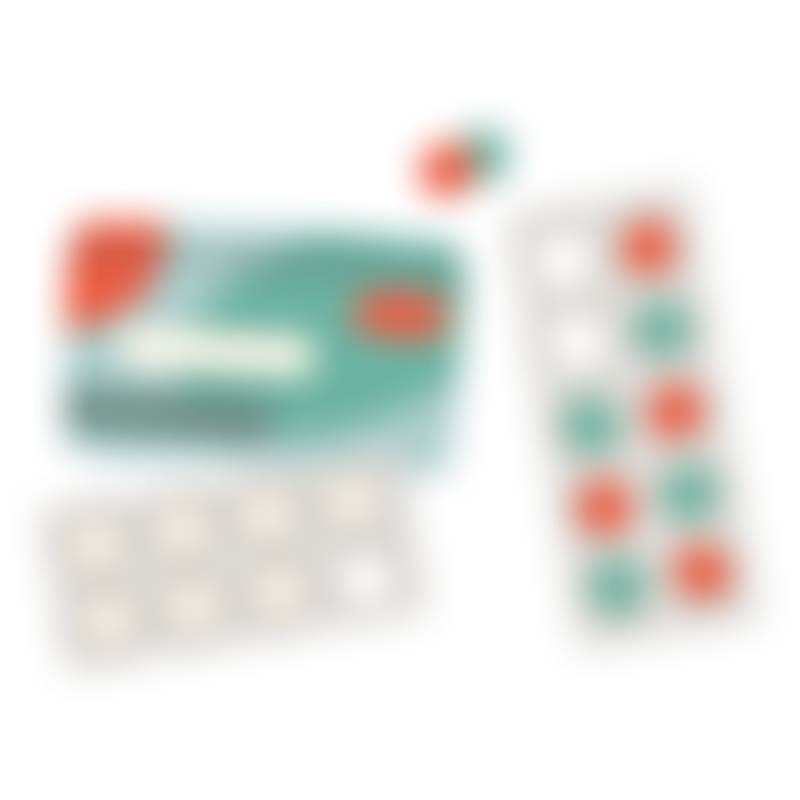

My name is Ryan, and I’m from the USA. I was diagnosed with stage 3 prostate cancer.
So far, I’ve been on chemotherapy, hormone therapy and immunotherapy.

The first suspicious symptom I noticed was intractable bone pain.

After my diagnosis, I felt the following:
- Frightened, helpless, overwhelmed and worried
- Anger, numbness and resentment

After my diagnosis, I changed the following:
- Ate a healthier diet most days
- Reduced smoking frequency
- Cut down alcohol intake from 3 drinks a week to 1 drink a week

Initially my doctors recommended chemotherapy and hormone therapy. After being presented my options and doing my own research, we made that my treatment plan, and included immunotherapy as well. After deciding on the treatment plan, I was feeling anxious, scared and a bit angry and discouraged going forward.

In terms of side effects, the ones that affected me the most were:
- Diarrhea
- Fatigue
- Peripheral neuropathy
To manage them, I relied on medication from my doctors and eating better.

I worked on a healthier diet every day, and cut down my drinking to none.
Before I knew I had cancer
- Called/texted my parents 2 times a week
- Visited my parents 0 times a week
- Was intimate with my partner 1 time a month
After knowing I had cancer
- Called/texted my parents 4 times a week
- Visited my parents 1 time a week
- Was intimate with my partner 0 times a month

I plan to travel to see my parents in Delaware, and attend a friend’s wedding next year. My biggest dream is to spend more time with my parents and partner. I want to grow old with my partner. I thought about this a lot during treatment and it helped me push through side effects and pain.

It’s recurrence and cancer spread. Painful side effects. To deal with it, I talked to my doctors and care team, my partner and other prostate cancer patients to learn how to manage it.

Now, I feel the same as before.

To others, I would say: “Take it easy. Don't push yourself too hard. It’s okay not to feel okay.”
This patient's story is published and shared with their full consent. Any personal data that can be used to identify the patient has been omitted.
Click here for more information.